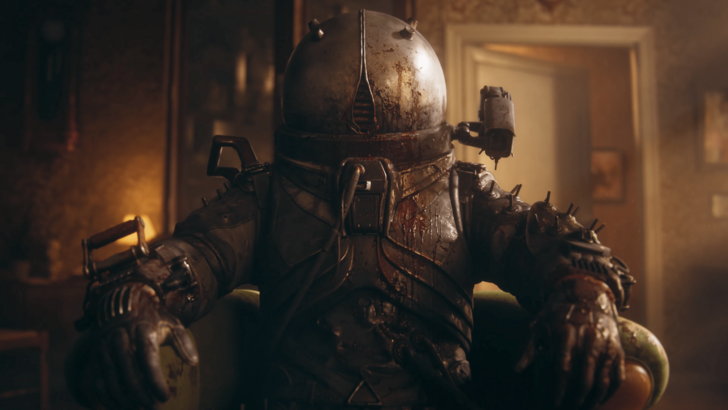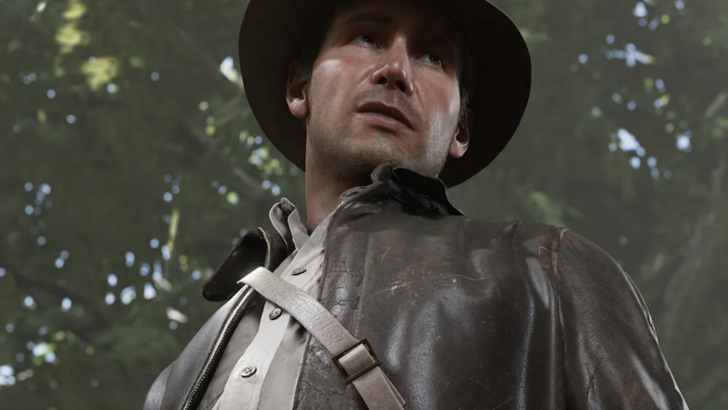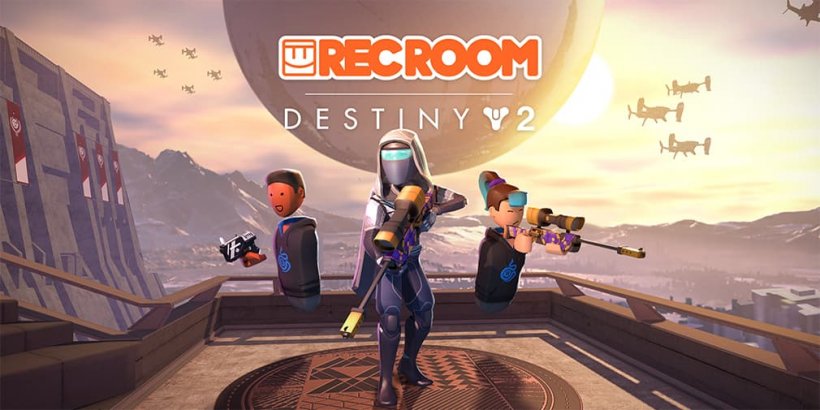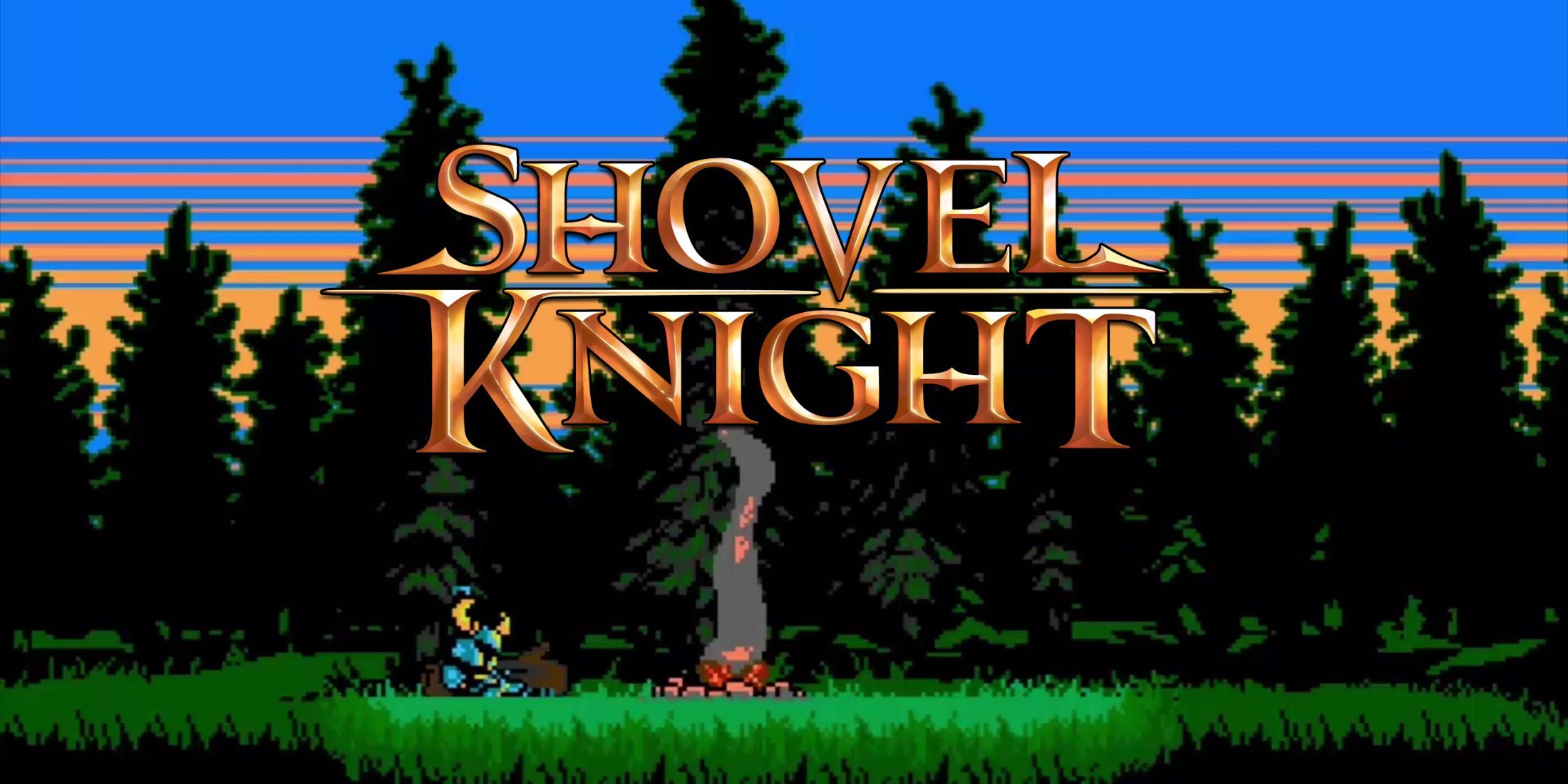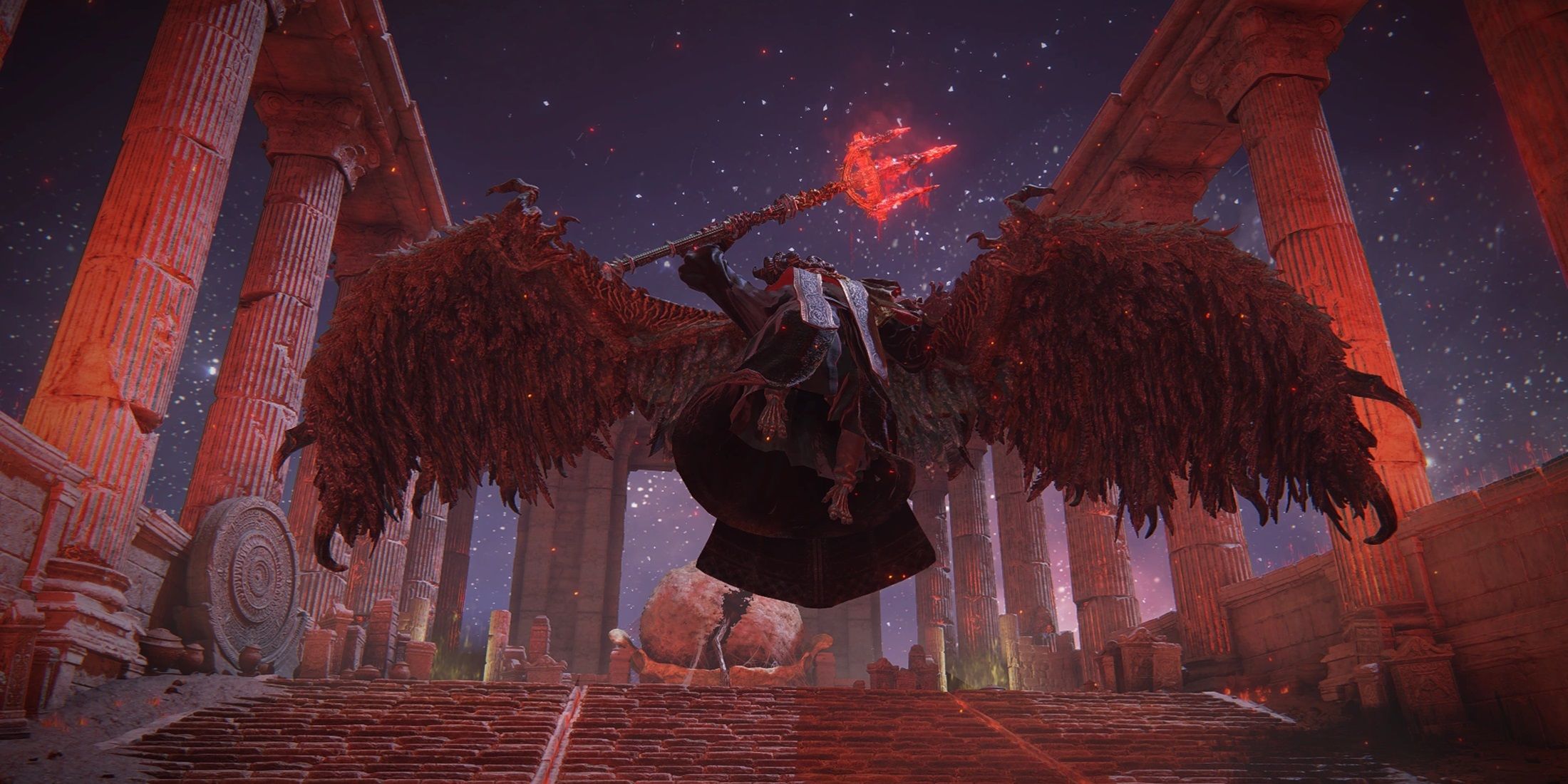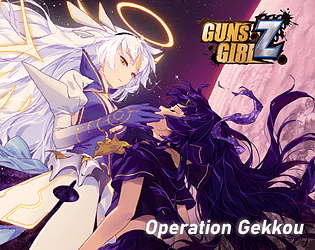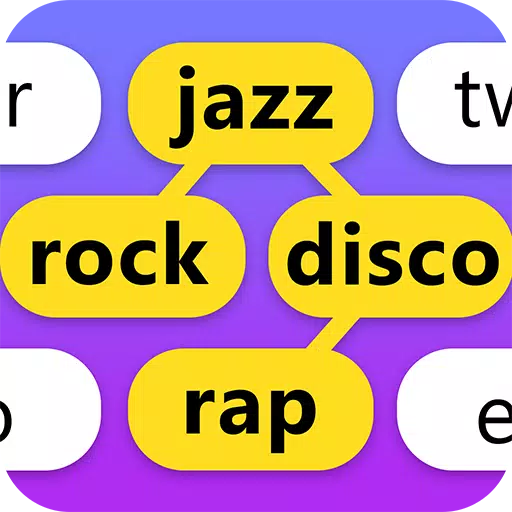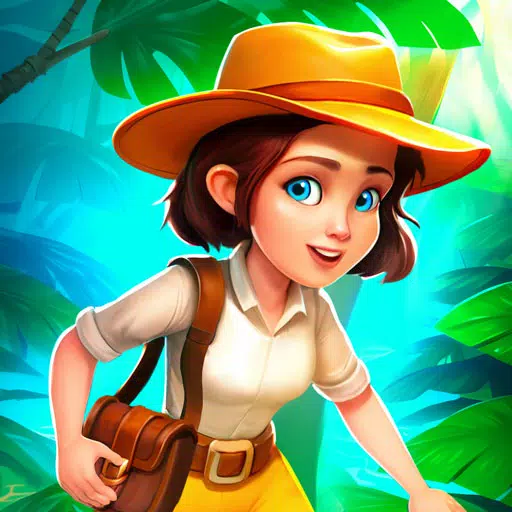Following the successful cinematic adaptation of Uncharted and the critically acclaimed HBO series, The Last of Us, Sony's announcement of a Horizon Zero Dawn movie was highly anticipated. PlayStation Studios and Columbia Pictures have officially confirmed the project, promising a faithful recreation of Aloy's origin story and the game's captivating, machine-populated world. While still in early development, the film has the potential to be Sony's first major video game box office triumph—provided it remains true to the source material.
Recent years have witnessed a surge in successful video game adaptations across various platforms. The Super Mario Bros. and Sonic movies, aimed at family audiences, serve as benchmarks for both critical acclaim and box office performance. On television, Sony's The Last of Us, alongside Netflix's Arcane and Amazon Prime's Fallout, have garnered immense fan popularity. Even adaptations with mixed reviews have achieved significant box office success, such as the Tom Holland-led Uncharted film, which grossed over $400 million.
Despite the decline of the "video game curse," challenges remain. While Uncharted reached a wide audience, it fell short of expectations for many fans seeking a faithful adaptation. Conversely, last year's Borderlands film and Amazon's Like a Dragon: Yakuza series underperformed critically and commercially, largely due to their departure from the source material's storylines, lore, and overall tone. These adaptations failed to capture the essence of the games that captivated their original audiences.
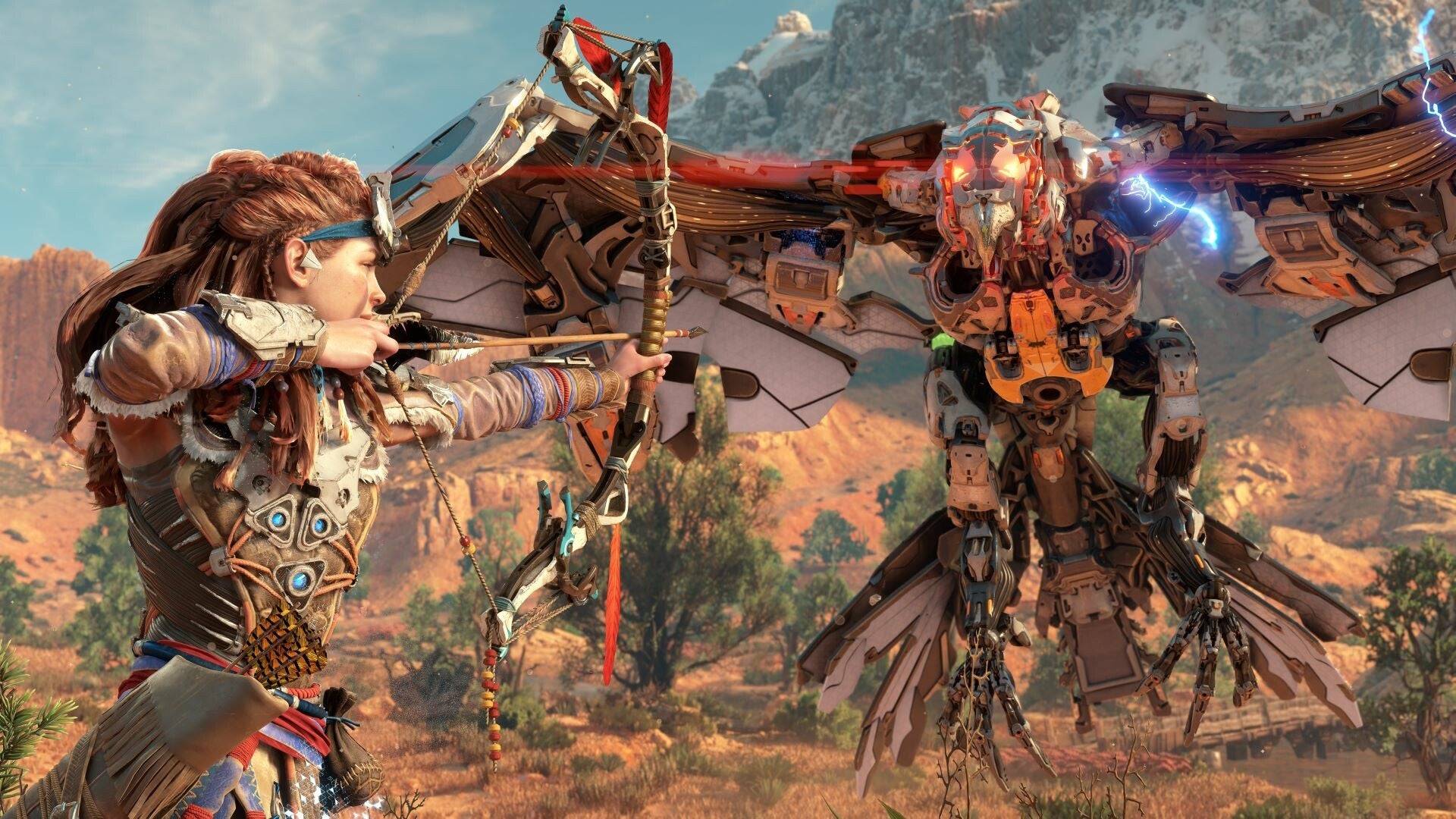
These failures highlight a broader issue in adaptations generally. Netflix's The Witcher, for example, significantly altered the source material's events, characters, and tone. While adaptations often require adjustments for a new medium, these examples demonstrate a complete shift in identity. This can deeply disappoint dedicated fans—the core audience—and ultimately hinder the project's success.
The upcoming Horizon movie isn't the first attempt to bring the franchise to screens. Netflix previously announced a series, and rumors circulated about a "Horizon 2074" project set in the pre-apocalypse era. This direction, though unconfirmed, proved divisive among fans who desired a faithful adaptation of the original game's compelling narrative and iconic robotic creatures, elements absent in a pre-apocalyptic setting.
Fortunately, the Netflix project is no longer in development, and the focus has shifted to a cinematic release. This is a strategic move, given the high CGI requirements of the Horizon universe. The larger budget of a Hollywood film is crucial for realizing the full potential of the story and visuals.
If the Horizon film emulates the success of The Last of Us, it has the potential to be PlayStation's first major cinematic win. The success of Fallout, Arcane, and The Last of Us demonstrates the importance of faithfulness to the source material—not just visually, but also in terms of tone and narrative. Gamers value authenticity. While The Last of Us introduced new storylines, it largely adhered to the game's narrative structure, resonating with both fans and newcomers. A similar approach for Horizon could yield similar results.
Faithfulness to the original game isn't merely about fan expectations. Horizon Zero Dawn's narrative received critical acclaim, winning awards such as Best Narrative at The Game Awards 2017 and Outstanding Achievement in Story at the 2018 DICE Awards. The story of Aloy, a Nora Tribe member unraveling the mysteries of her origins and their connection to the old-world scientist Elisabet Sobeck, is compelling. Aloy, along with her allies Erend and Varl, and the enigmatic Sylens, are captivating characters within a richly developed world. The narrative's exploration of past attempts to save Earth's climate and the resulting rogue AI adds depth.
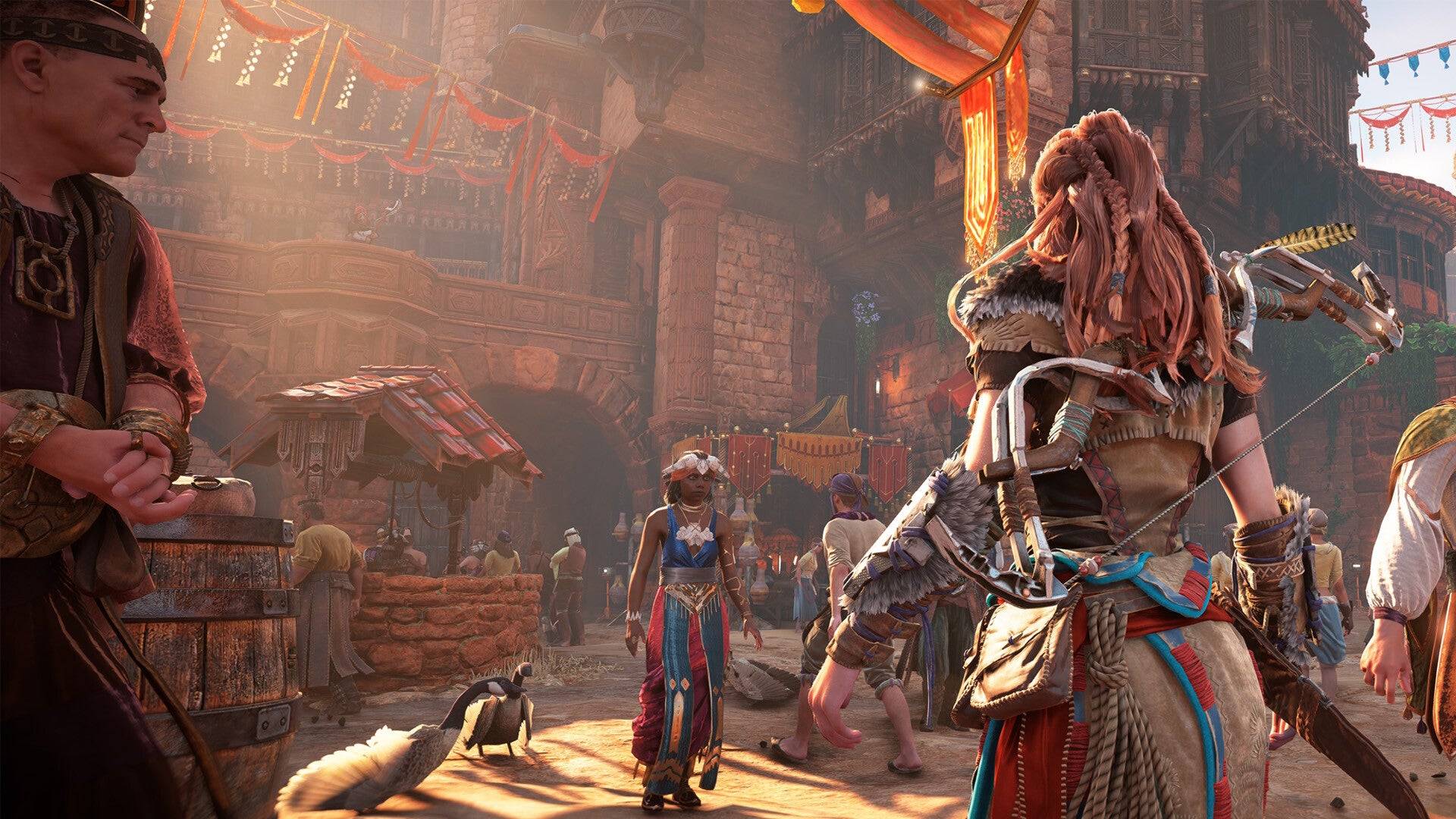
The intricate details of each community and settlement contribute to a unique and immersive world, ripe for cinematic exploration. Similar to James Cameron's Avatar, a Horizon film could delve into the cultural aspects of tribes like the Nora and their interactions with the robotic creatures. The unique combat encounters, featuring creatures like Sawtooths, Tallnecks, and Stormbirds, offer visually stunning potential. These elements, along with rival tribes and those loyal to Hades, provide ample action and suspense for a compelling film adaptation.
Horizon's compelling story, unique world, and cinematic aesthetic offer a strong foundation for a successful film adaptation. The expansive narrative of Forbidden West further enhances the franchise's potential for a long-term cinematic series. By staying true to the source material, Sony can create a film franchise that mirrors the success of the games.
A faithful adaptation is crucial not only for fan satisfaction but also for financial success. Ignoring what made Horizon great, or deliberately deviating from it, could lead to negative fan reception and financial difficulties similar to those experienced by the Borderlands film. Sony must recognize the potential of Horizon and create a respectful and faithful adaptation.
AnswerSee Results
 Latest Downloads
Latest Downloads
 Downlaod
Downlaod




 Top News
Top News